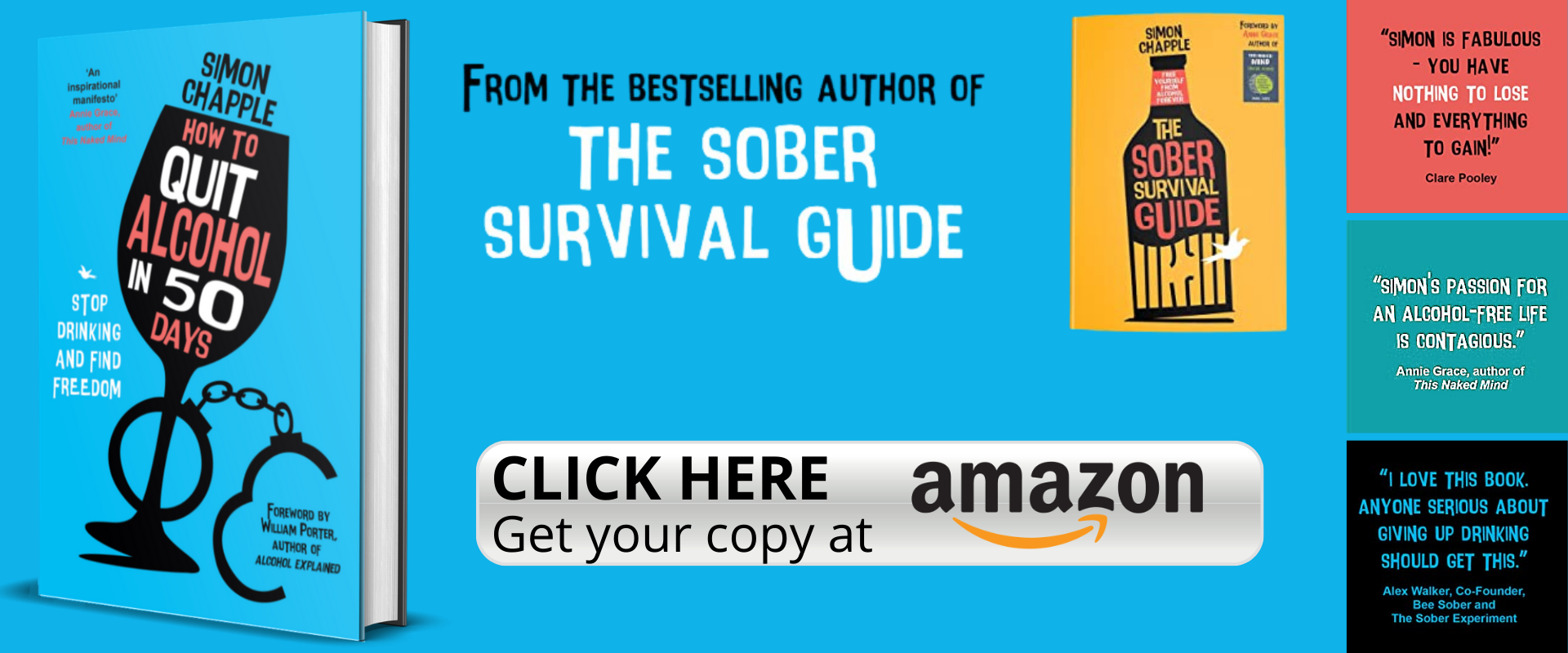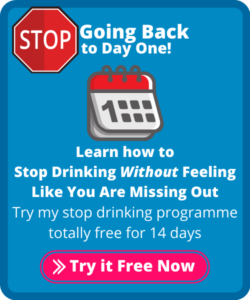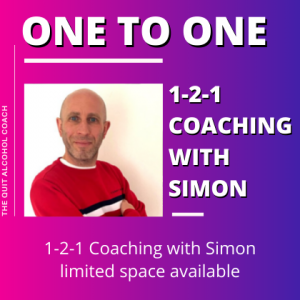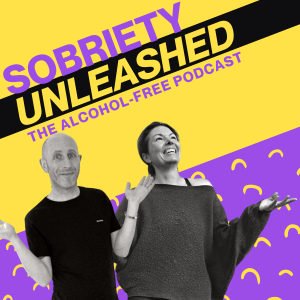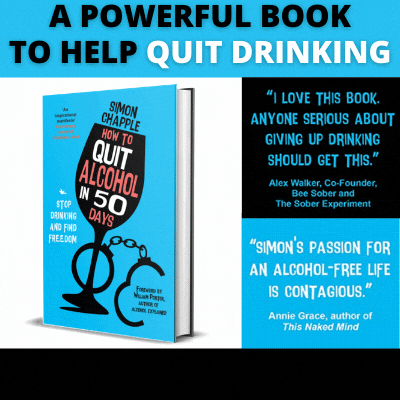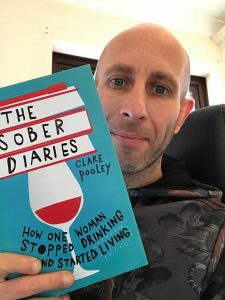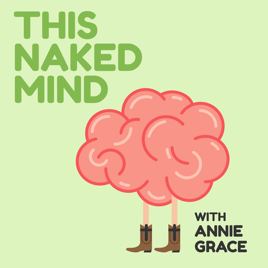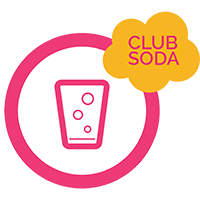Hypnotherapy for Alcohol Addiction – Does it work?

LEAVE A COMMENT AT THE BOTTOM OF THE PAGE – I WOULD LOVE TO HEAR YOUR THOUGHTS
I am delighted to share a guest post by Jenny Amir, HPD, DipCHyp, NLPM.Prac, MNCH, CNHC Cognitive Hypnotherapist & NLP Master Practitioner

Over the past 14 years as a Cognitive Hypnotherapist in London, I have found hypnotherapy to be amazingly successful when helping people to overcome alcohol dependency. In much the same way that hypnotherapy has been acknowledged as one of the most effective and natural ways to quit smoking, I have found it to be just as effective, if not more so, in helping people to quit their alcohol problem.
Recommended Article – Sober Curious – Are you sober curious? What is the sober curious movement?
Why? Because while conventional therapies work with our conscious mind, hypnotherapy works naturally with our subconscious mind as well. This part of our brain that we call the subconscious mind is crucially important because, rather surprisingly, it has control over us over 90% of the time. This is where our memories, our past learning, our habitual patterns and our beliefs are held. And, very importantly, it is from here that 90% of our thought-processes, emotional responses and our actions are produced.
So when you’re struggling to gain control of an addictive habit or unwanted pattern of thinking, it is likely to be because the underlying root of that pattern is held more deeply within this part of the brain, your subconscious mind, in the form of the beliefs that were unconsciously formed about yourself, based upon your personal learning from previous experiences.
In what way does hypnotherapy help?
My work as a Cognitive Hypnotherapist entails enabling people to change unwanted aspects of their emotions, thoughts or behaviour patterns that they are unable to naturally control themselves. We do this is by helping them overcome and change the unconscious belief patterns that created the problem in the first place.
During the work we do, clients are enabled to gain a wider perspective from their subconscious mind, and therefore able to access a new understanding of themselves and their problem. The subconscious mind helps us to connect to an inner wisdom, as well as inner strengths we didn’t know were there. As such, clients are able to identify and“re-frame” their negative or limiting beliefs (about themselves, their abilities or the world around them). As mentioned, these beliefs were formed as a result of difficult or challenging experiences from their past, but have been unwittingly working against them, holding them back from being who, and how, they want to be.
But in changing these beliefs on a subconscious level, clients are effectively forging a new path for themselves because, in the process of re-framing, they are able to create new healthier belief patterns that will help to lead them away from their problem.
So in order to gain control over alcohol dependency, it is important to identify and dismantle the subconscious belief-system that has produced the alcohol problem in the first place. The role that alcohol has played in your life and the emotional relationship you have formed with it need to be examined and completely re-framed subconsciously and consciously, to produce new instinctive ways of feeling, thinking and behaving around alcohol. Using Cognitive Hypnotherapy this process usually takes just a small number of sessions to complete. And as cravings for alcohol are mostly psychological, letting go of the subconscious belief patterns around alcohol also means that cravings can be re-framed and dismantled too.
While some reframing can certainly be done consciously over time, the most important factor involved in healing is to enable the new understanding and beliefs, ie the positive re-frame, to be entered into the subconscious mind. At this point that you can quickly start to experience positive differences, as the desired changes to your thought, emotional and behavioural patterns become embedded and more instinctive.
The reason that your subconscious beliefs play such a pivotal role in your experiences, is because your feelings, thoughts and behaviours are produced as a direct consequence of these beliefs. They are all inter-connected and affect each other.
Your beliefs are essentially thoughts that you no longer question or challenge, and that you therefore accept to be true.
So whether we are aware of them or not, our subconscious beliefs (good or bad) influence our choices and experiences in life, and creates our own “template of rules” by which we live our life. Our beliefs also determine the relationship we have with ourselves and the world around us, so for our happiness and well-being it is crucial that the beliefs we hold about ourselves are helping us to create what we want in our lives, rather than what we don’t want.
Healing an inner wound
As a result of challenging or adverse experiences in our childhood, we can often learn to suppress our emotions, and adapt who we are in order to “fit in” or feel a sense of belonging or safety with those around us. And this can often leave us floundering as adults.
Because where there is a lack of self-acceptance, there will be a tendency to want to fill that void or numb the emotions connected to it. And this is where addictive habits can find a home, because the choices we make in life ultimately stem from the way we think and feel about ourselves.
I have found that people struggling with addictions, on some level are likely to hold negative core beliefs as a result of their life experiences (eg, “I’m a terrible person/useless/unlovable/not good enough/unworthy/unsafe”). The challenging emotions that result from these subconscious limiting beliefs can lead them to make unhealthy or poor choices for themselves, because at a deeper unconscious level they don’t believe they are worthy of good things, of being happy or being loved.
So they unwittingly sabotage themselves by adopting behaviour patterns which serve to reinforce and “prove correct” their subconscious negative self-belief.
But it can be helpful to understand that all behaviours serve a purpose at some level. And importantly, that all our behavioural patterns are learned.
Alcohol dependency and other addictive behaviours generally form part of a coping mechanism for dealing with unwanted or difficult emotions, or providing a means of “escape” from challenging situations.
But the good news is that just as you have developed and ‘learned’ to do something one way, you can learn to do it another way – and with hypnotherapy, this becomes a simple matter of changing your subconscious patterns.
As you are probably very well aware, we can often know something consciously but yet it has no real effect on our feelings or the choices we make. The reason being that it isn’t until the subconscious mind has access to that information, that different choices can instinctively be made. This is where the inner conflict between the conscious vs subconscious mind arises.
But once that relevant knowledge gets passed into your subconscious programming, everything changes. A world of difference occurs, because once your subconscious mind has that important knowledge, it changes how you feel and enables you to instinctively make better, informed choices.
So while you might consciously know that your relationship to alcohol is unhealthy, damaging or self-destructive for you, all too often just having that knowledge in itself doesn’t actually change your need or desire for it, nor how often you choose to drink it.
But when that knowledge of your relationship to alcohol being unhealthy and damaging for you is then passed into the subconscious mind, that is where the life-changing change occurs!
In relation to helping people overcome the need for alcohol, my hypnotherapy sessions help them to let go of their relationship to alcohol and their drinking habit by overcoming and changing the unconscious belief patterns and emotions that created it. Because your beliefs affect your emotions, thoughts and behaviours, in making this positive change on the subconscious level, you are able to quickly start to feel the positive differences that enable you to regain a sense of control over yourself and your choices.
In doing this work unconsciously as well as consciously, it also enables them to create a new healthier unconscious mindset that leads them to a happier and more satisfying future. In effect, enabling them to go where they want to go instead of where they don’t….
It’s rather like deciding to be in the driving seat of your life. No longer allowing yourself to be a passenger on a bus, with a driver who insists on driving haphazardly and only going where he wants to go. Instead you take control of driving the bus yourself, and take the safer route which takes you to where you want to go, enjoying the experience of the journey as you go… feeling calmer, happier and able to simply enjoy being back in control.
So what is hypnotherapy?
Hypnotherapy is a natural and gentle healing treatment that has been in use in many forms, for hundreds if not thousands of years by different cultures across the world, and it has been accepted as a form of medical treatment in the UK by the British Medical Association since 1955. Hypnotherapy uses different states of awareness or relaxation, similar to day-dreaming or being engrossed in a good book, to gain insights from the unconscious mind and work with it, in order to create a positive change to feelings, thoughts and behaviour.
How many times have you driven somewhere on ‘automatic pilot’, barely remembering your journey because your mind was elsewhere? This is an everyday example of how your unconscious mind takes over habitual actions so that you don’t need to consciously be thinking about them. As you learned to drive, the repeated learning from your lessons became engrained in your subconscious mind, constructing a pattern that gets triggered naturally when you start to drive.
In much the same way, you have constructed subconscious belief patterns that lead to your patterns of thinking, feeling and behaving, without you having to think much about them. Cognitive Hypnotherapy uses the natural states of awareness that you naturally dip in and out of many times throughout the day, to enable you to make positive, insightful changes to subconscious problem patterns, which effectively means you can choose how (and who) you want to be going forward.
Cognitive Hypnotherapy provides a fast track to deep and lasting healing in the way you most want it. It is a life-enhancing model of solution-focused therapy that achieves wonderful results and brings great benefits to my clients. Essentially, it helps you to recognise how the underlying beliefs that you have about yourself affect your thoughts, feelings and behaviours – how they are all inter-connected and affect each other. And how, by changing an underlying negative belief, you can begin to change your whole experience of life for the better.
Jenny Amir
Cognitive Hypnotherapist & NLP Master Practitioner
HPD, DipCHyp, NLPMPrac, MNCH, CNHC
For more information or to book a course of treatment, you can contact Jenny Amir via email at info@hypnotherapytohelpyou.co.uk or on 07979 371701. Or visit her website: www.hypnotherapytohelpyou.co.uk – be sure to mention that you found Jenny via Be Sober.
———————————————————————————————————–
MORE HELPFUL RESOURCES FOR STOPPING DRINKING ALCOHOL
———————————————————————————————————–


Don’t miss another video – click below to Subscribe and also click on the Bell Icon to be notified about new videos.
Subscribe to my channel here: https://www.youtube.com/channel/UCkDiUhERjbdHN0kNXbD8UBQ/?sub_confirmation=1

https://www.joinbesober.com

https://www.instagram.com/besoberandquit

If you need some inspiration, check this out…
1 – How I quit alcohol after 40 years – https://www.youtube.com/watch?v=H0ydqjrN0AI
2 – Awesome tactic to stop alcohol cravings fast – https://www.youtube.com/watch?v=GedYoBZ_W2M&t
3 – 7 tips for the first week of sobriety – https://www.youtube.com/watch?v=Pq4x0vBEwMw&t
4 – Does alcohol cause depression and anxiety – https://www.youtube.com/watch?v=tkrQpZPHBls&t
5 – Weight loss and stopping drinking alcohol – https://www.youtube.com/watch?v=xyw9jM0kj5U&t



